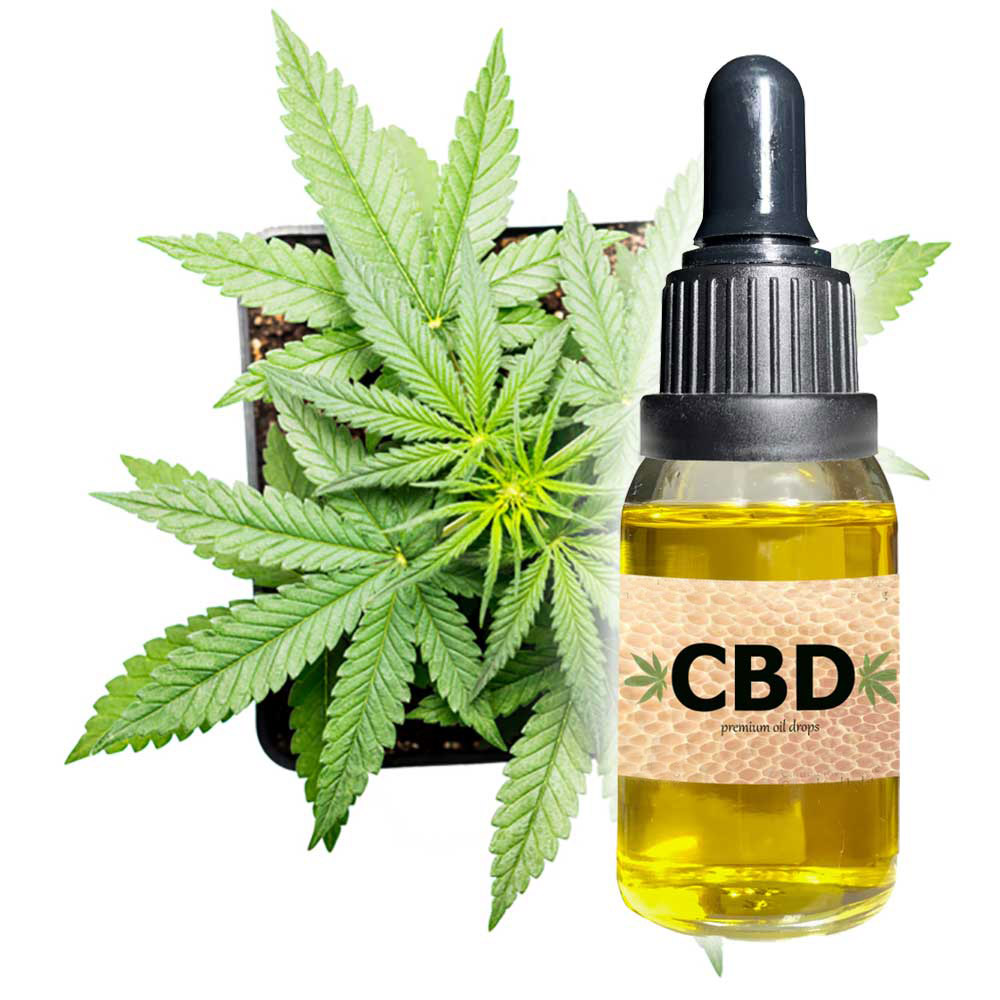Law. Consulting. Technology.

- CBD products derived from hemp and with no more than 0.3% THC are legal under Federal and Ohio law.
- CBD products derived from cannabis and/or containing more than 0.3% THC remain Schedule 1 substances prohibited under Federal law and regulated by the Ohio Medical Marijuana Program.
- Long-term care providers should review their outside medication/supplement policies and update as needed.
Cannabidiol (“CBD”) oil is a hot topic in the news and in the law leaving many long-term care providers scratching their heads. What exactly is CBD? Must Ohio assisted living facilities and nursing facilities allow their residents to take CBD oil? And, if so, what policies and procedures should be in place?
Background. CBD is one of over 80 chemicals found in the cannabis sativa plant, along with tetrahydrocannabinol (“THC”). THC is the psychoactive component of marijuana. While both hemp and marijuana are considered cannabis sativa plants, hemp plants generally have a concentration of THC low enough to be considered not psychoactive.
Federal & Ohio Law. CBD derived from hemp (as opposed to a marijuana) and containing no more than 0.3% concentration of THC became lawful Federally with the passage of the 2018 Farm Bill in December 2018. Then, on July 30, 2019, Ohio legalized the possession, purchase, and sale of hemp products, including low-THC CBD products. Now, low-THC CBD oil may be purchased in Ohio outside of the Medical Marijuana Program.
The Takeaway. CBD products derived from hemp and with no more than 0.3% THC are legal under Federal and Ohio law. Therefore, assisted living facilities, and nursing facilities accepting Medicare and Medicaid payment, can permit resident use without a physician recommendation/order and staff may assist in storing and administering CBD products when not medically contraindicated, as with any other non-prescription supplement or topical cream.
Long-term care providers should review their outside medication/supplement policies and update as needed. Facilities without such written policy should consider adopting one to clarify expectations regarding: (1) communication between staff, resident, and resident representative (if any); (2) product labeling requirements; and (3) physician and facility staff notification to identify contraindications and avoid drug interactions or unwanted side effects.
CBD products derived from cannabis and/or containing more than 0.3% THC remain Schedule 1 substances prohibited under Federal law and regulated by the Ohio Medical Marijuana Program.
Please note that this post is intended to be informational only, and is not intended to be nor should it be relied upon as legal advice. Rolf Goffman Martin Lang LLP will not be responsible for any actions taken or arrangements structured based upon this post. The receipt or review of this post by an organization that is not a current client of Rolf Goffman Martin Lang LLP does not create an attorney-client relationship between the recipient and the law firm.
To engage the legal services of ROLF, please contact the firm at (866) 495-5608.
©2020. Rolf Goffman Martin Lang LLP. All Rights Reserved. May only be copied with attribution.
